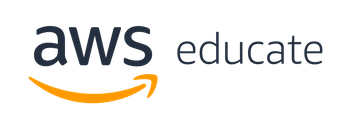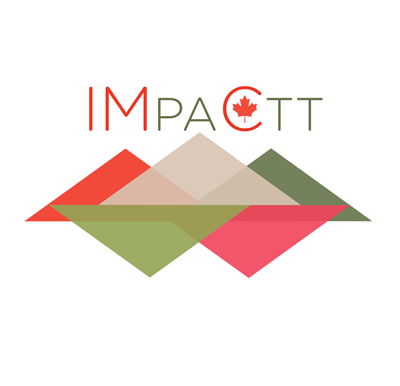As the cost of collecting transcriptomics data continues to drop, researchers in the environmental life sciences are increasingly seeking to use these data as part of their investigations. In many cases, this means using non-model organisms that have few or no genomics and bioinformatics resources for comprehensive data analysis and interpretation. The objective of this workshop is to equip researchers in the environmental life sciences with easy-to-use tools to process and analyze transcriptomics data from non-model organisms, and strategies for leveraging databases and statistical methods originally designed for model organisms.
Graduates, post-graduates, or PIs who are currently or about to begin analyzing transcriptomics data from non-model organisms. This workshop will be most beneficial to researchers who either A) have experience with molecular biology research in the environmental life sciences but little to no experience with transcriptomics data; or B) have experience with transcriptomics analysis in model organisms but little to no experience with non-model organisms.
Familiarity and experience with either molecular biological + environmental life sciences or transcriptomics analysis.
Labs will be conducted using web-based tools. You will also require your own laptop computer. Minimum requirements: 1024×768 screen resolution, 1.5GHz CPU, 2GB RAM, 10GB free disk space, recent versions of Windows, Mac OS X or Linux (Most computers purchased in the past 3-4 years likely meet these requirements).
Module 1: Overview and raw data processing (Jeff Xia)
- Lecture I: The landscape (approaches, resources & challenges)
- Lecture II: Raw data processing – which method to choose (assembly vs assembly free)
Module 2: Raw data processing (Jeff Xia and Nil Basu)
- Overview of EcoOmicsAnalyst for universal RNAseq analysis
- (Reference-based) HISAT/Kalisto (using EcoOmicsAnalyst)
- (Reference-free) Seq2Fun (using EcoOmicsAnalyst)
Module 3: Statistics and Interpretation (Jeff Xia)
- Lecture I: Statistical concepts for gene expression analysis (QC, differential expression analysis, enrichment analysis)
- Lecture II: RNAseq analysis methods and common workflow
Module 4: Hands on for gene expression analysis (Jeff Xia and Nil Basu)
- Lab I: RT-qPCR data analysis using EcoToxXplorer
- Lab II: Gene expression data analysis using NetworkAnalyst
Module 5: Special Topics (Nil Basu)
- Lecture: Targeted gene analysis and cross-species comparison
- Lab: Targeted gene assembly and isoform analysis (using Seq2Fun online), Benchmark dose response analysis (FastBMD), and other tools
Module 6: Future of Environmental Toxicogenomics and Exposomics (Nil Basu and Jeff Xia)
- Current and future challenges for toxicogenomics
- Concept and progress in exposomics
Duration: 3 days
Start: Sep 20, 2021
End: Sep 22, 2021
Status: Cancelled
Workshop Ended

Canadian Bioinformatics Workshops promotes open access. Past workshop content is available under a Creative Commons License.
Posted on:





